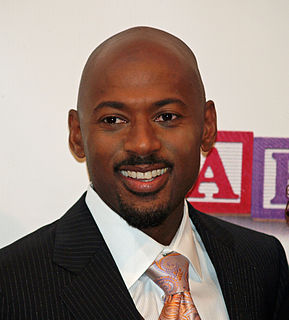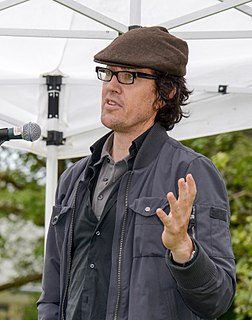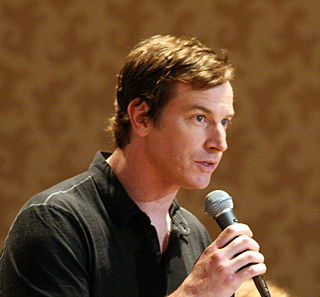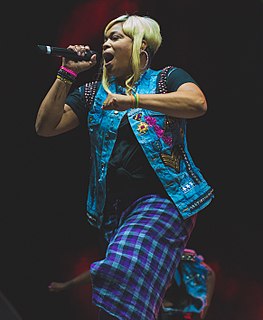A Quote by Romany Malco
Writing a funny story is one thing. But writing a funny story that inspires others to venture beyond their level of comfort in pursuit of their greater good is what makes me come alive.
Related Quotes
I think the closest thing I can come to defining what that vital thing is for me - is that there's a sort of soul-quality in writing, if it's any good. It has a spirit or an energy to it that is very integral to who the writer is on a deep level. It's almost a cellular thing. It takes place in the cells of the writing, and it is what makes it alive or not.
I didn't know how story worked. So, when writing the screenplay, people introduced me to the science of it. And I'm grateful. I'll probably use that information for the rest of my career, in terms of writing novels or writing stories. And then, of course, to help me live a better story, a more meaningful story
Translation is harder, believe it or not. You do have to come up with a story, and actually I'm mystified by that process. I don't exactly know how the story just comes, but it does. But in writing a story that you're inventing, versus writing a story that somebody else has made up - there's a world of difference. In translation you have to get it right, you have to be precise in what you're doing.
The cool thing about 'Transparent' is that the show is funny but not like a sitcom is funny. It all comes down to the writing... The writers on that show are so good that you don't have to worry about anything. There are so many things that can go wrong making a TV show or a movie, but if the writing's good, that's, like, 95 percent of it.
Perhaps if there is anything remotely interesting about my writing style, it is this: more often than not I have no idea what the story is going to be about. Sometimes I have a fuzzy vision, or a glimpse of one scene, or a character. But mostly all I have is a random first sentence, and I follow it to see where it might go. For me, writing is the process of discovery, of gradually figuring out what happens in the story and how it ends, that makes writing an interesting process for me.
It's funny - for a long time, I didn't know I was writing a book. I was writing stories. For me, each story took so long and took so much out of me, that when I finished it, I was like, Oh my gosh, I feel like I've poured everything from myself into this, and then I'd get depressed for a week. And then once I was ready to write a new story, I would want to write about something that was completely different, so I would search for a totally different character with a different set of circumstances.
One of the things that is always difficult about a collaboration is that you don't necessarily find the same thing funny. And so the challenge becomes, how do you tell the other person that you don't think something's funny? The best collaborations tend to be when you are willing to be told that. But there's also ego involved, and so there's a lot of frustration in knowing that you're writing something, and the other person, on some level, needs to think that it's funny.
If I write a fantastic story, I'm not writing something willful. On the contrary, I am writing something that stands for my feelings, or for my thoughts. So that, in a sense, a fantastic story is as real and perhaps more real than a mere circumstantial story. Because after all, circumstances come and go, and symbols remain.
On the craft level, writing for children is not so different from writing for adults. You still have to have a story that moves forward. You still have to have the tools of the trade down. The difference arises in the knowledge of who you're writing for. This isn't necessary true of writing for adults.



































